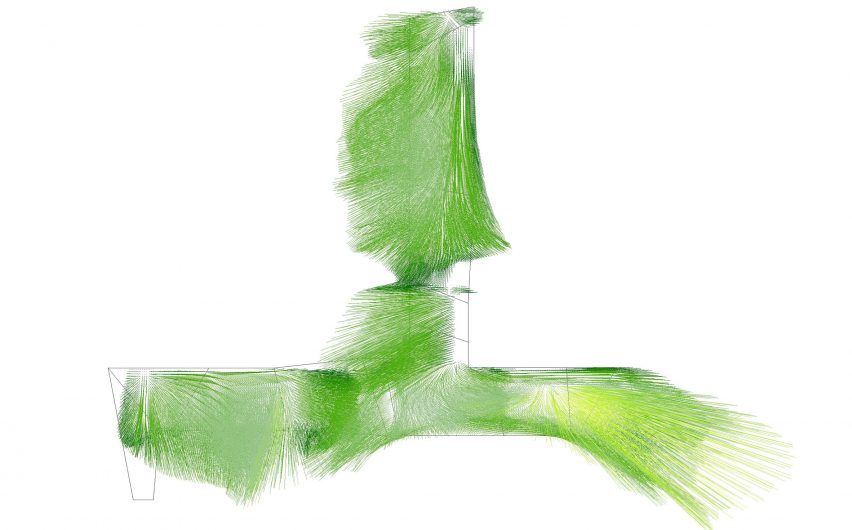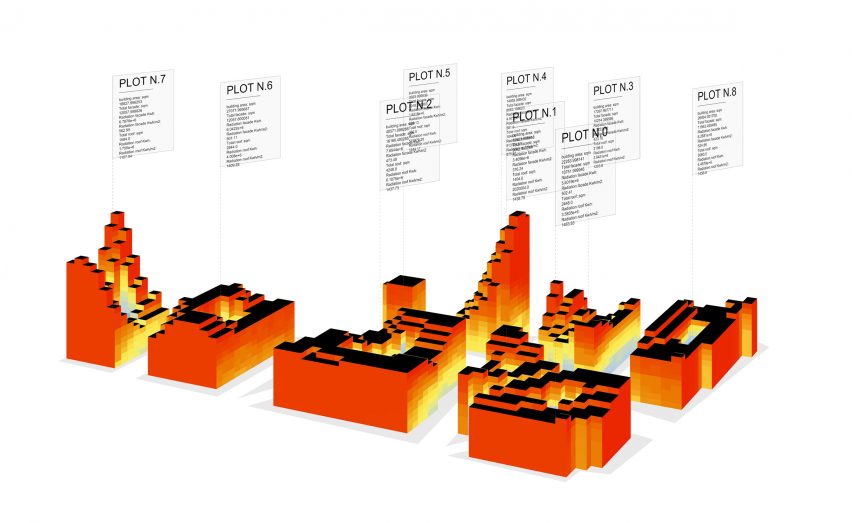
ENPC's Design by Data programme focuses on computational design for urban planning and architecture
Promotion: École des Ponts ParisTech is now accepting applications to its Design by Data course, which trains architects and designers to build for the next era of cities.
The 11-month master programme, which begins in September 2017, offers individuals the chance to study part-time, meaning that they can continue working alongside their course.
It provides attendees with technology-focused training in the fields parametric architecture, robotics, digital manufacturing and 3D printing applications for the construction industry.

Led by course director Francesco Cingolani, along with a team of tutors, the ENPC programme has been tailored to train architects, engineers and designers in a new approach to construction and urban planning, based on the understanding that data is one of the most important facets when it comes to shaping the future of cities.
"With contemporary technologies and algorithms, data are easy to visualise and to manage; nowadays any designer can access and transform a big amount of information with his own laptop," said Cingolani.

"If we look at the way we build our cities and our living environments, data can have a huge impact on the way we think, design and build," he continued.
"Data-driven architecture is about taking into account this inputs coming from solar studies, structural behaviour, environmental performances, flows of goods and people in order to create optimised and non-standard solutions in response to the complexity of our societies."
Attendees will study three main aspects during the year; computational design, robotics and manufacturing, and digital culture.
As part of the course, they will be expected to develop a research project and prototype related to specific topics including kinetic facades, responsive micro-architectures and dynamic structural analysis.

Now in its second year, Design by Data takes place in a number of locations in Paris, offering students the chance to work in innovation hubs, coworking spaces and art galleries. Those wishing to study the course can apply now via the programme website.
École des Ponts ParisTech, established in 1747, is one of the most prestigious engineering and design institutions in Europe.
The institution offers a varied higher-education education programme including computer science, applied mathematics, civil engineering, mechanics, finance, economics, innovation, urban studies, environment and transport engineering.
For more information on the programme, visit the Design by Data website.